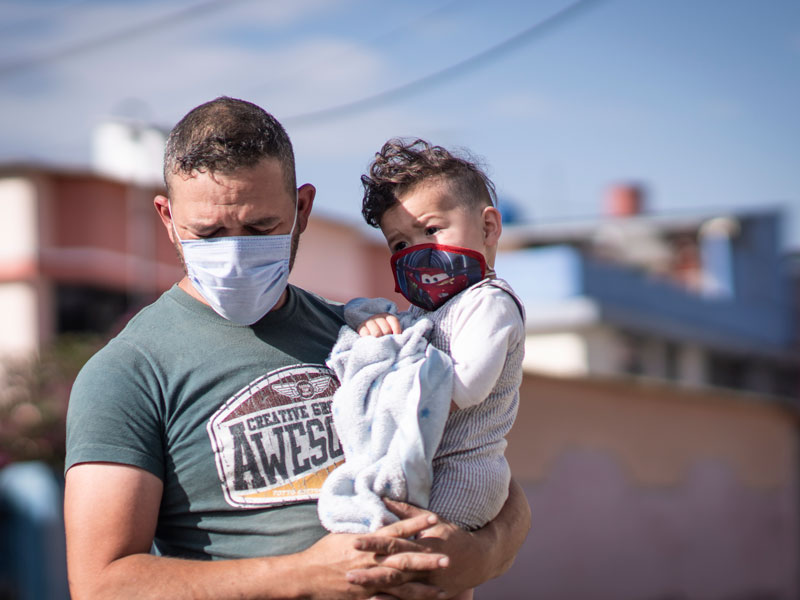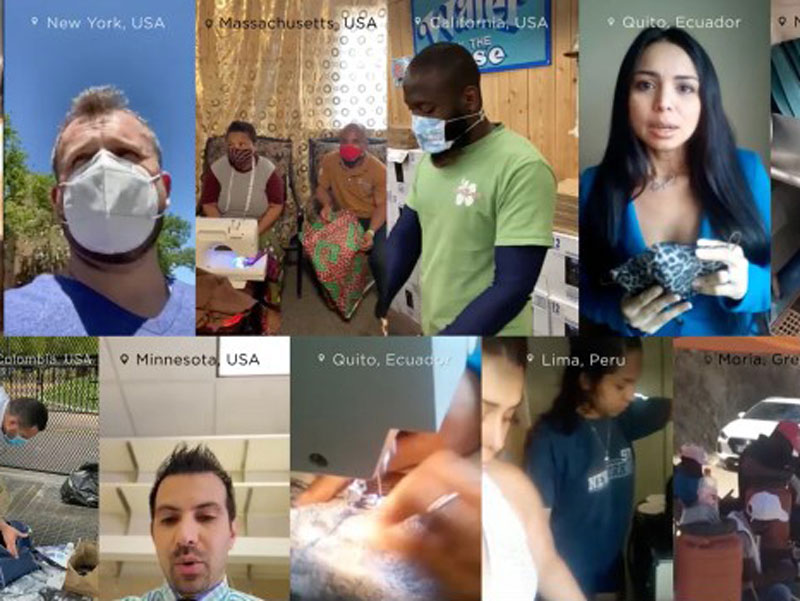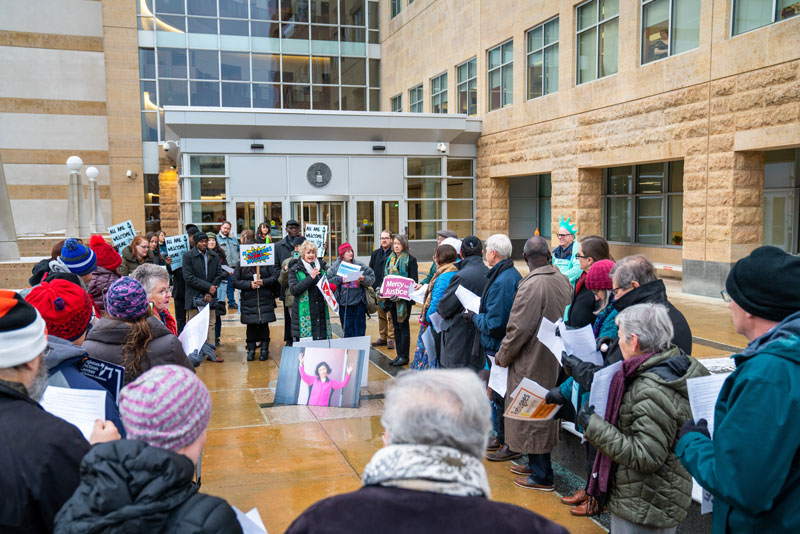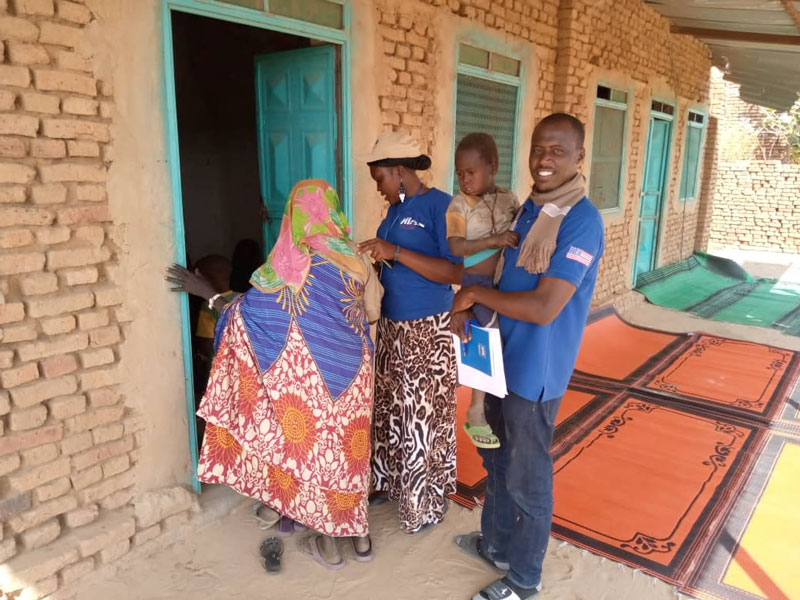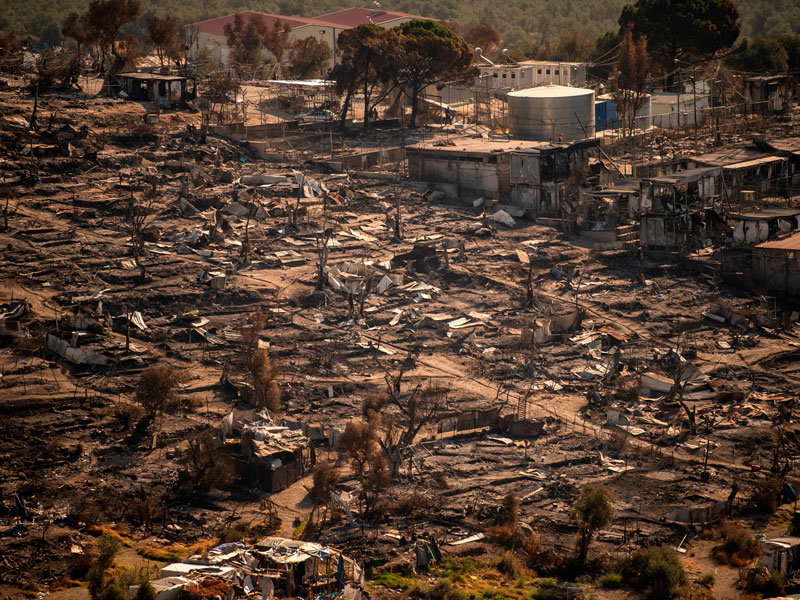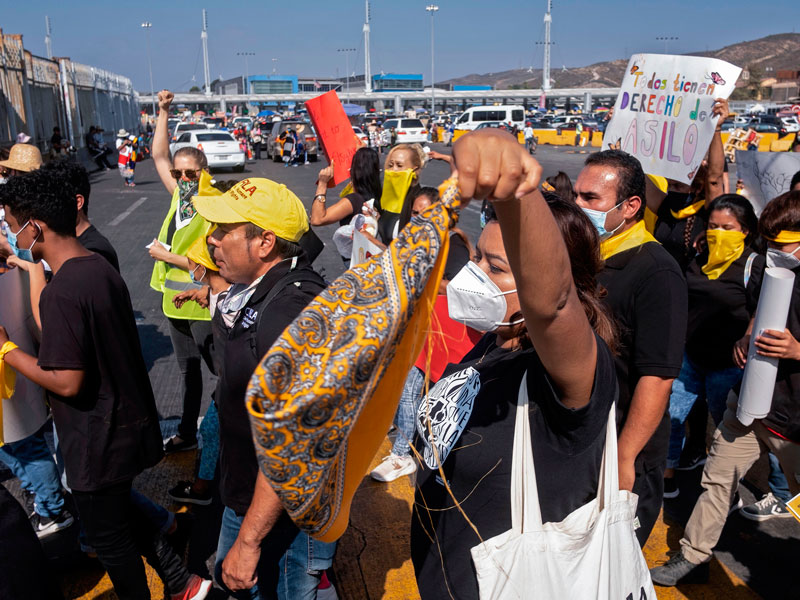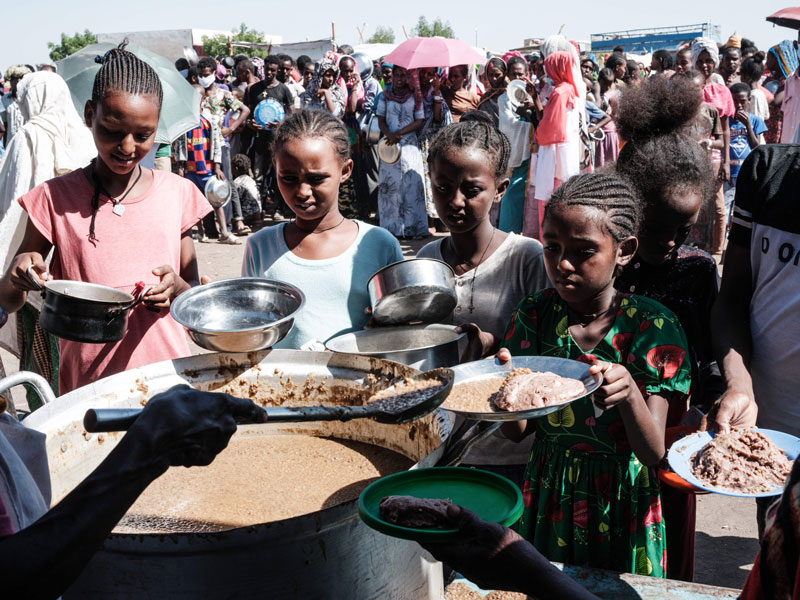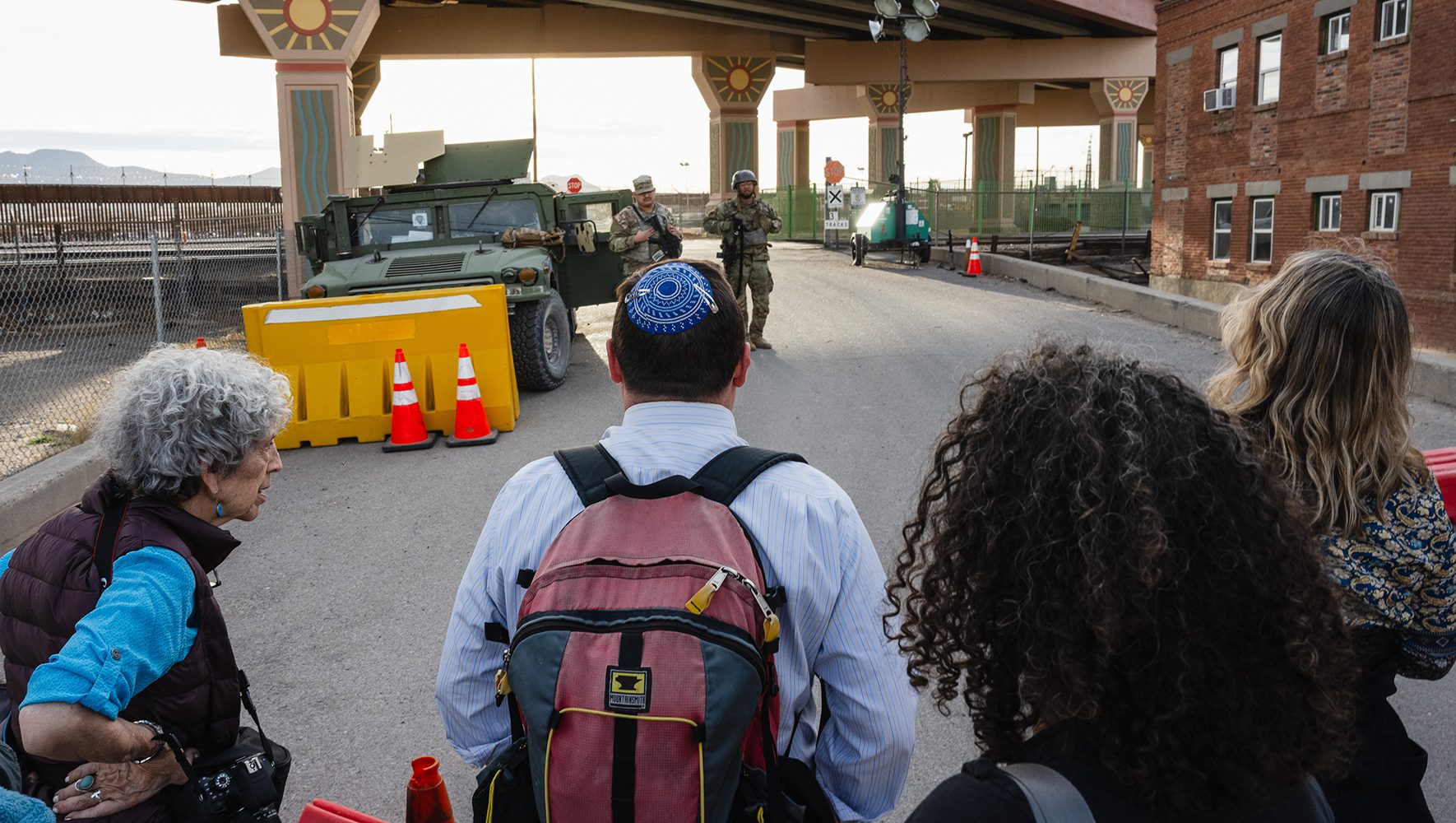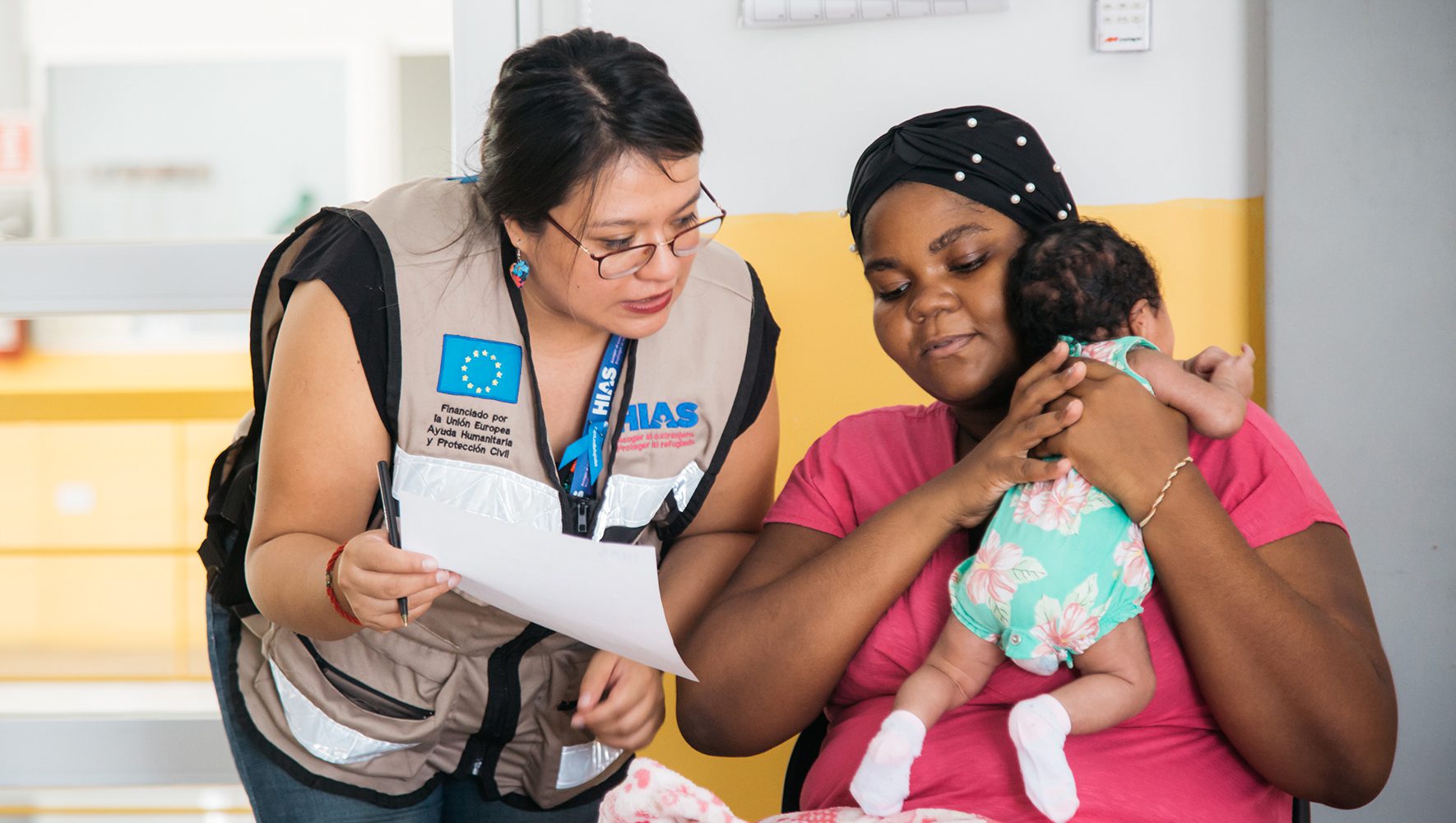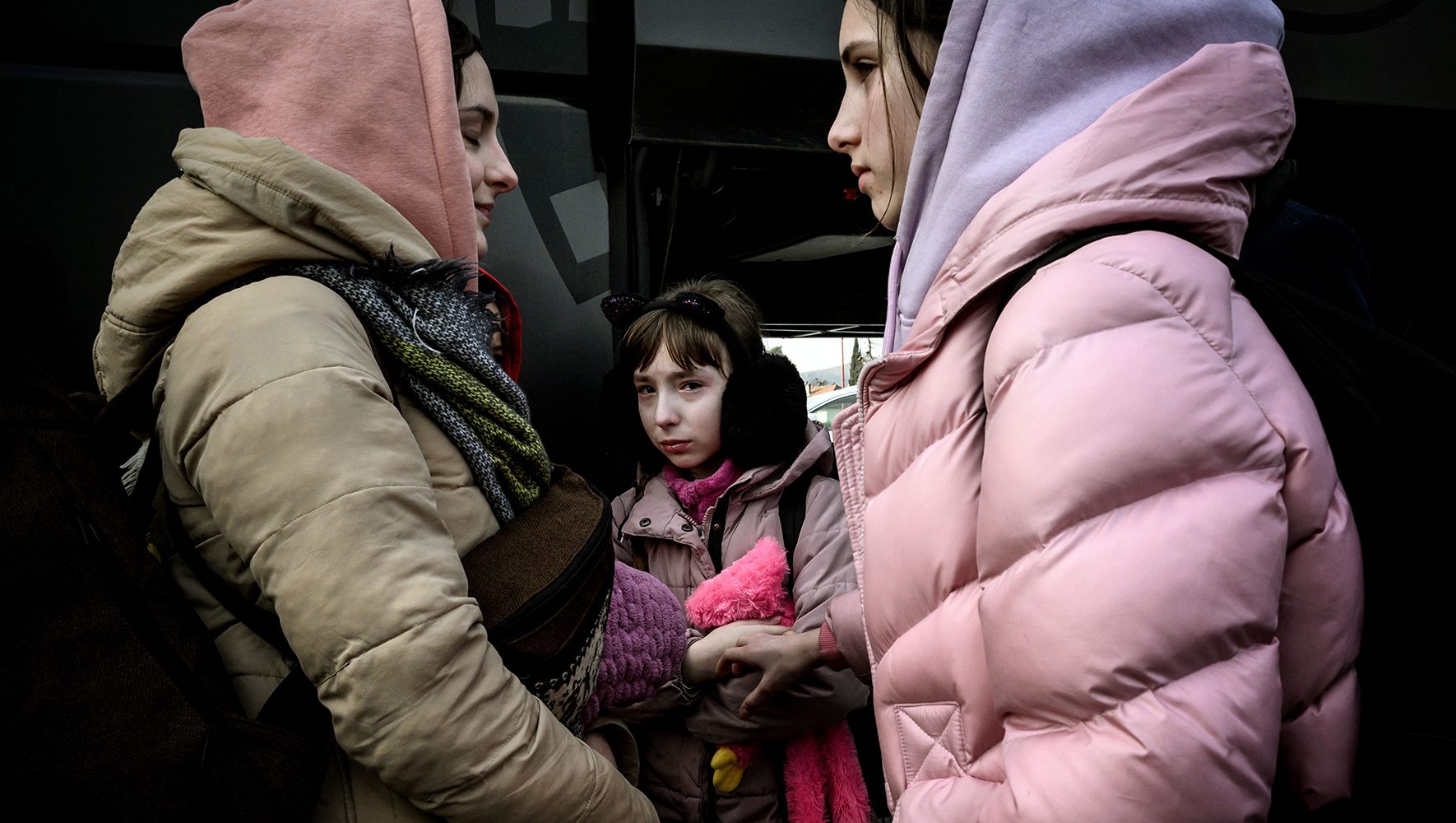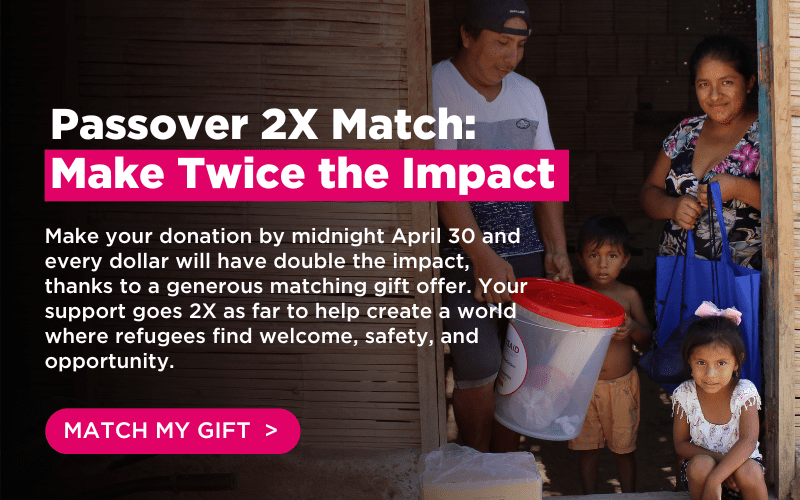2020 Year In Review: A Global Pandemic Met with Resilience
By Sharon Samber, HIAS.org
Dec 22, 2020
2020 was undoubtedly a year many people will want to forget.
The world has not experienced a public health crisis like the one we are currently enduring since the Spanish flu outbreak of 1918. And while the COVID-19 pandemic has affected everyone in myriad ways, refugees and asylum seekers — who often don’t have the same rights as citizens — have suffered disproportionately. And yet, many refugees were on the frontlines themselves, helping to fight the disease.
In the United States, the Trump administration effectively shut down the asylum system and, for the fourth year in a row, set the cap on refugee admissions at its lowest level ever. Still, HIAS kept the organization’s network of refugee resettlement partners intact and continued working along the U.S.-Mexico border, providing legal aid to many asylum seekers forced to wait in Mexico for their hearings.
In fact, despite the unparalleled challenges of 2020, HIAS has actually extended its reach. Through November, HIAS helped more than 1.17 million people, the highest number in the organization’s history. HIAS expanded its social media outreach, created virtual campaigns, and delivered vital services online. While the economic problems caused by the pandemic affected all aspects of refugees’ lives — from housing, food, and education, to increasing levels of gender-based violence — HIAS was there in 16 countries to help them through crises and help them rebuild their lives.
“This is a testament to the resilience of our agency, our diverse and global team, and the incredible level of engagement we have from members of the Jewish community,” said HIAS President and CEO Mark Hetfield.
Here is a look back at some important moments this year:
-
HIAS began 2020 with an important victory in HIAS v. Trump, a lawsuit that challenged President Trump’s executive order giving state and local officials the power to block refugees from being resettled in their jurisdictions. Soon after oral arguments were heard in January, a federal judge issued an injunction that stopped the order from taking effect. The administration has since appealed that ruling, and HIAS joined arguments in October to keep the injunction in place.
-
Unexpected crises called for rapid responses to help refugees on different continents. Early in the year, renewed inter-ethic violence led more than 16,000 refugees from Sudan to cross the border and enter Chad. HIAS helped relocate refugees away from the border and provided food and mental health services. Beginning in March, COVID-19 caused many to require emergency aid; HIAS reacted quickly to provide cash and voucher assistance to thousands in Ecuador, Peru, and Venezuela, and established new emergency programs in Costa Rica, Panama, and Israel.
-
The effect of COVID-19 on refugee populations cannot be overstated. Even as HIAS raced to serve clients in dire situations, it surveyed the changes to better understand the scope of the problem. A HIAS report showed that every danger refugees and asylum seekers faced before the pandemic has only gotten worse, and the need for more help is urgent. More than 70 percent of those surveyed said they could no longer meet their basic needs for food (compared to about 15 percent before COVID-19).
-
The U.S.-Mexico border was effectively closed by the spring, and the asylum system ground to a halt. HIAS, however, kept working. Legal staff arranged remote meetings with clients to help prepare their applications for asylum, and HIAS Mexico pivoted to digital communications, using phones, WhatsApp, and Facebook to keep up with clients and provide information and advice.
-
The pandemic could not stop HIAS from staying engaged with the American Jewish community. HIAS@Home connected thousands of supporters through webinars, events, training sessions, and an online book and film club. For Passover, HIAS produced a special companion video to our downloadable HIAS Haggadah; 341 Jewish congregations worldwide and thousands of individuals participated in National Refugee Shabbat; and HIAS trained 200 advocates as part of Vote For Welcome, a campaign to make sure refugees and asylum seekers are prioritized when the next Congress convenes.
-
On Sept. 8, the Moria refugee camp on the Greek island of Lesvos was destroyed by fire, leaving more than 10,000 asylum seekers and refugees without shelter. Lawyers, social workers, and translators from HIAS Greece immediately set out to locate their clients and find out what they needed.
-
After a long and tense wait for an election result, HIAS congratulated President-elect Joe Biden and Vice President-elect Kamala Harris on their victory. Biden has announced Alejandro Mayorkas as his nominee for secretary of the Department of Homeland Security, the agency responsible for implementing U.S. immigration policy. If confirmed, Mayorkas, a former HIAS board member, will be the first head of the department to have been a refugee and child of refugees.
As this challenging year comes to an end, HIAS knows there is still much work ahead. There are an estimated 80 million forcibly displaced people around the world — 10 million more than there were just a year ago. But, with a dedicated global staff of 1,100 and thousands of supporters behind us, we look forward to continuing our efforts in 2021.


